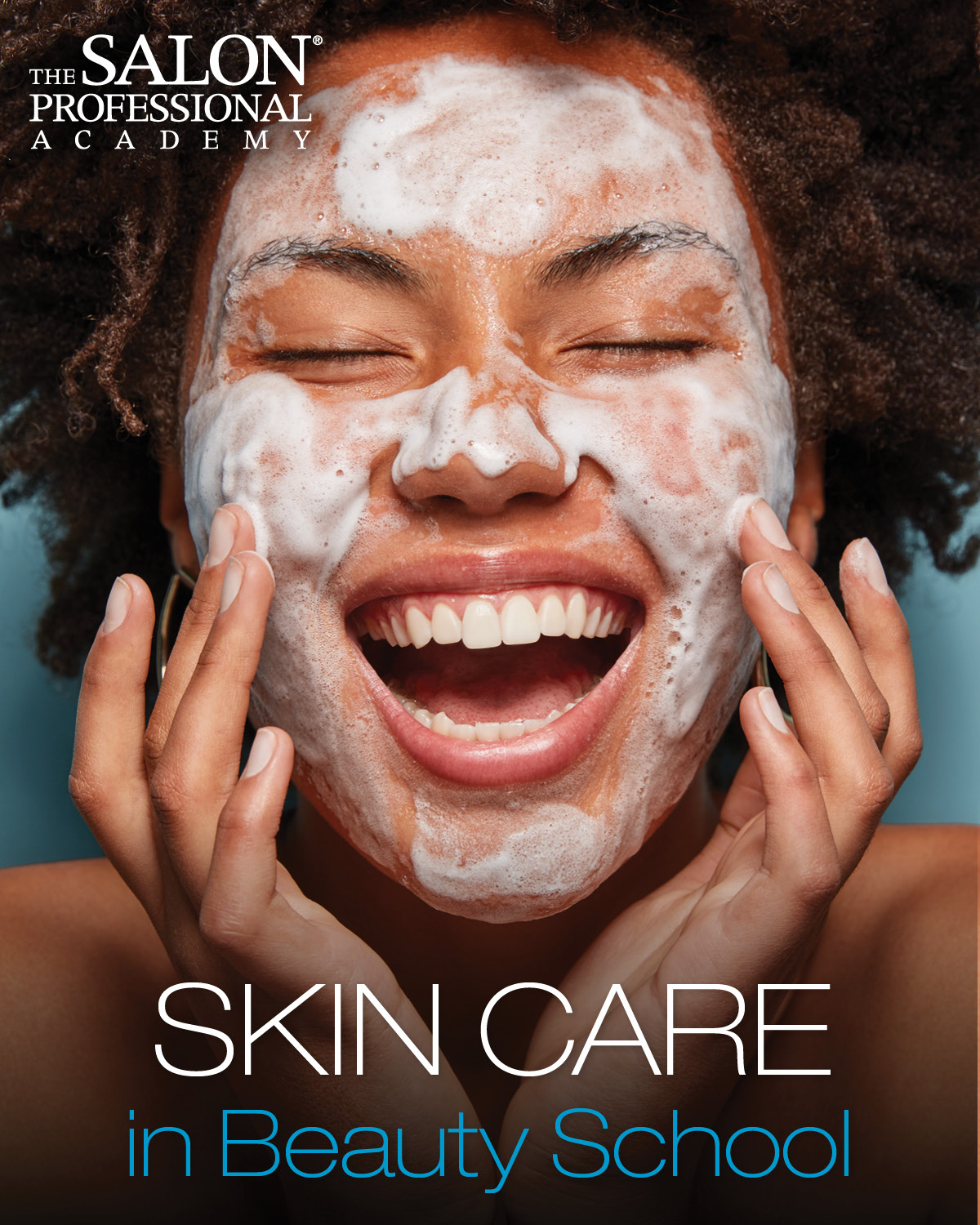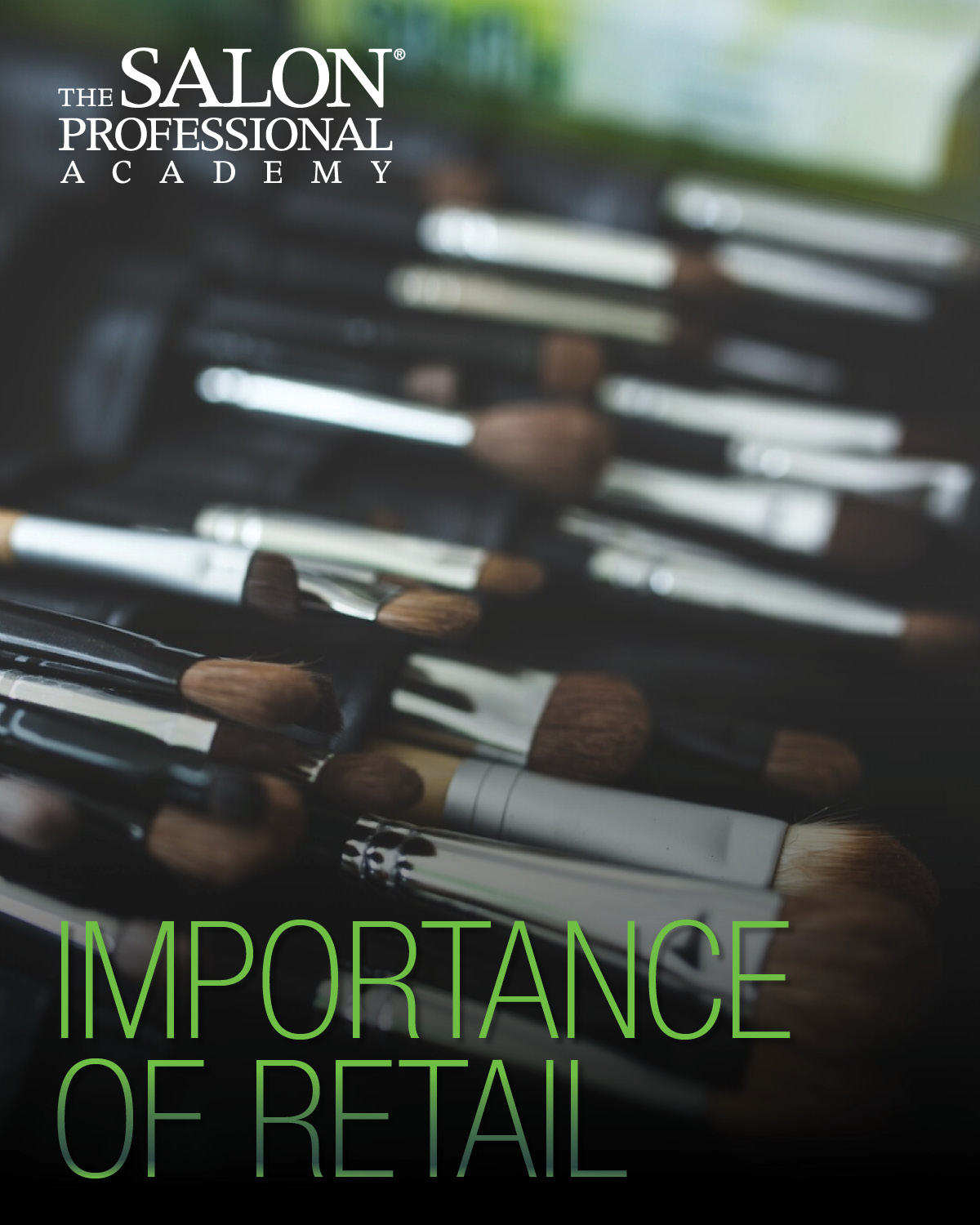Two Phenomenal Programs To Learn Skin Care. Which One is Right for You?
Beauty sells. It is currently a $532 billion industry. The United States alone is responsible for 20% of that massive market. This means that it is a great time to pursue your passion for beauty and skin care training.
Beauty school training offers two major programs related to skin care. Our students can choose either our cosmetology or esthetics program. Our accredited cosmetology or esthetics school offers students the opportunity to earn skin care training in either program depending on how much you want skin care to be a part of your client experience and future.
Here’s what you can expect to learn in each program.
Cosmetology Training in Beauty School
While not as comprehensive as a full esthetics program, a cosmetology program teaches students the basics of skincare and beauty treatments.
Usually these programs cover facials, eyebrow waxing, and makeup application, as well as, basic nail training and hand and foot massages.
Whichever program you choose, be sure to attend an accredited school. This is essential in order to ensure that your certification is recognized by salons.
Also, keep in mind that financial aid is available if your program hours meet the requirements.
A cosmetology curriculum in beauty school covers six key areas.
- Core curriculum classes in Cosmetology
- Hair Care, Cutting, coloring, and style
- Nail Care
- Natural Skin Care
- Makeup
- Salon Management
All students must take a general course, regardless of which area they would like to specialize in. You will learn hygiene and sanitation, client relationship management, human anatomy, and physiology, and learn about the tools and equipment you may use in your career.
Hair Care
If you choose to focus your beauty school training on hair, you will learn everything you need to become a professional hairstylist. This includes scalp and hair care, specialized cuts, updos and styling, wigs and hair extensions.
You will also learn how to safely use coloring chemicals and different techniques related to colors such as highlights, lowlights, root touch-ups, balayage, and more.
Nail Care
In this part of beauty school, you will learn all about nail diseases, infections, and best hygiene practices. You’ll become skilled in giving manicures and pedicures and learn how to apply acrylic tips and polish, as well as hand and foot massage techniques.
Skin Care Training
Students learn about skin types as well as skin disorders, diseases, acne, and so on. They learn how to provide facials, dermabrasion, and hair removal. You’ll also have the option to take advanced beauty school skin care training courses to deepen your skills in this area.
Makeup
Students will learn all about makeup application including the various tools and application tips. They will learn color theory as it applies to skin tone, eye color, ethics, and airbrush makeup.
Salon Management
If you’re thinking about owning your own salon, these courses provide a vital foundation. Courses teach students about business ethics, sales and marketing, labor laws, workers’ rights, and much more.
Esthetics Training in Beauty School
Esthetics encompasses a variety of different client-based services such as facials, nail, hand and foot care, makeup artistry, and skincare.
An esthetics curriculum in beauty school covers areas.
- Core esthetics curriculum
- Facial skin care: treating, purifying, correcting acne, anti-aging, and maintaining healthy skin
- Nail care
- Facial & body waxing
- Lash extensions (may be offered as an advanced course per campus policy)
- Makeup
Further Training
Once you have your certification in cosmetology or esthetics, there are countless other advanced training options you can choose from.
For example, you could opt to take further certification in microblading, micro-needling, skin lightening and brightening, and laser therapies.
Launch Your Career Now
There you have it! Now you know how to go about getting skin care training to start your career.
Ready to take the next step? Let your artistry bloom at The Salon Professional Academy in Evansville. Fill out this form to get more info.









